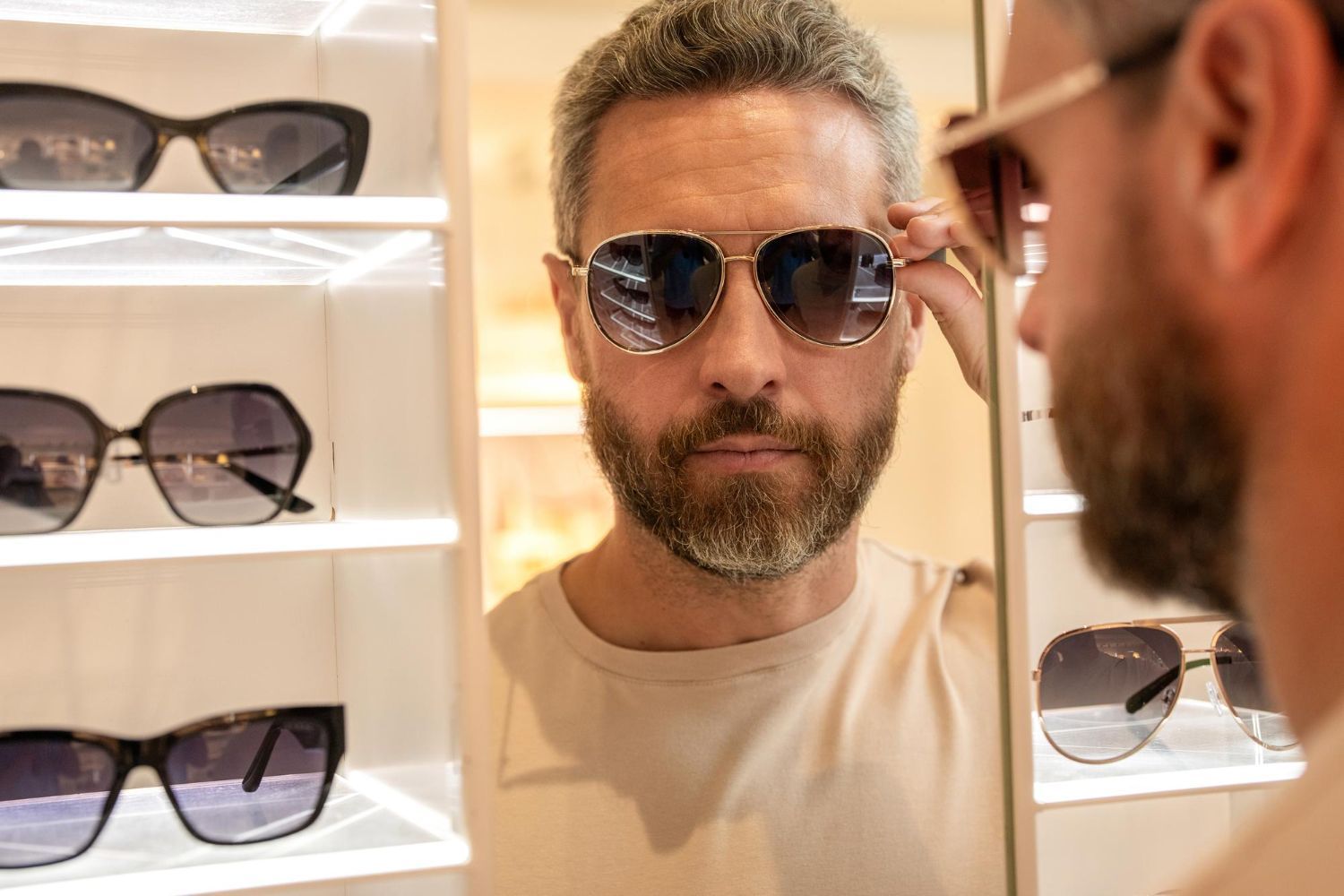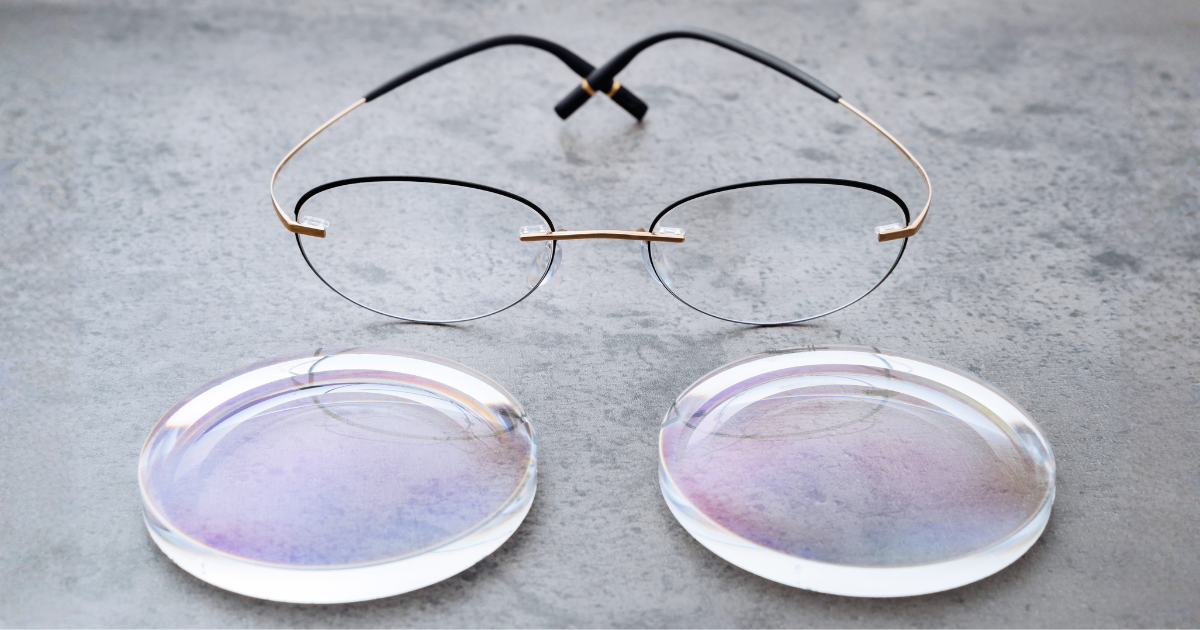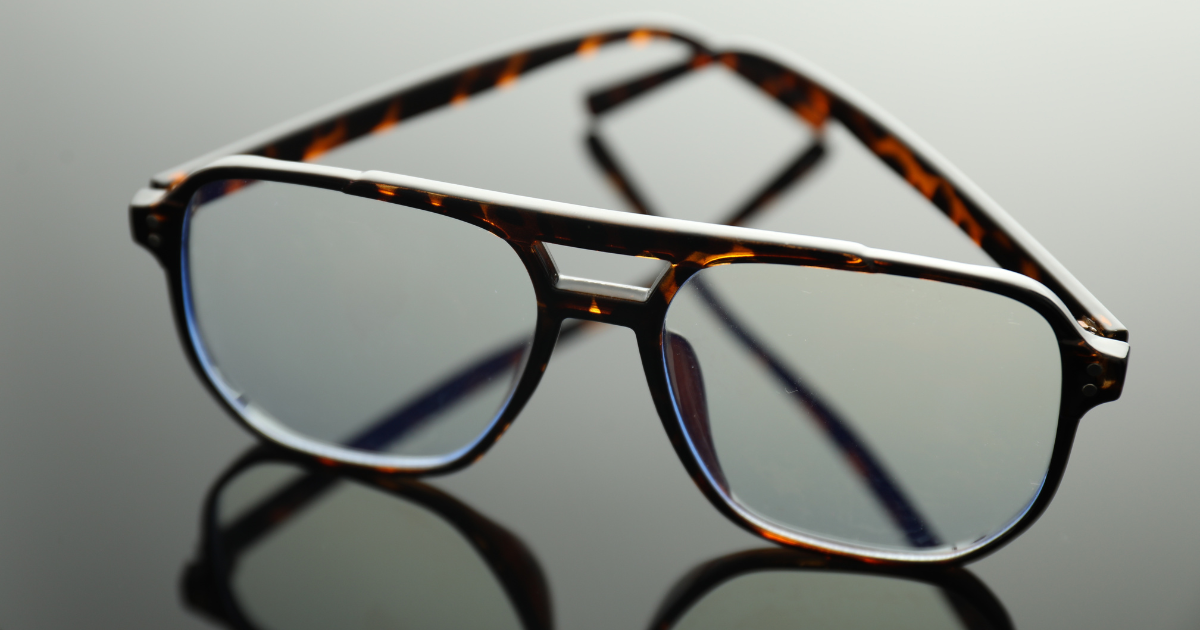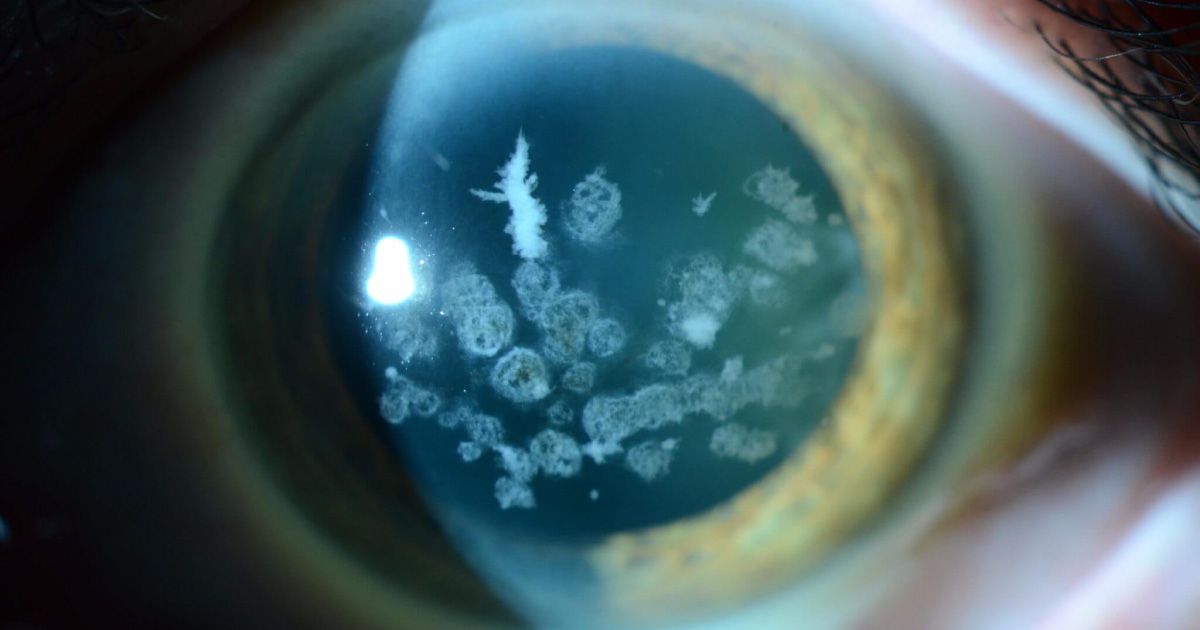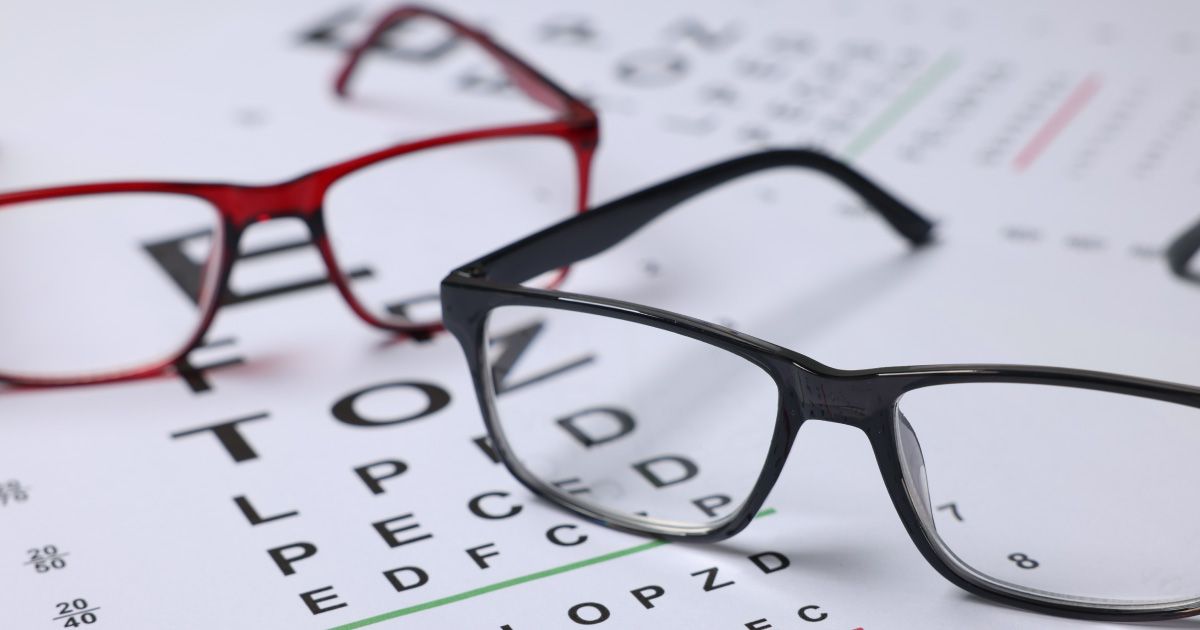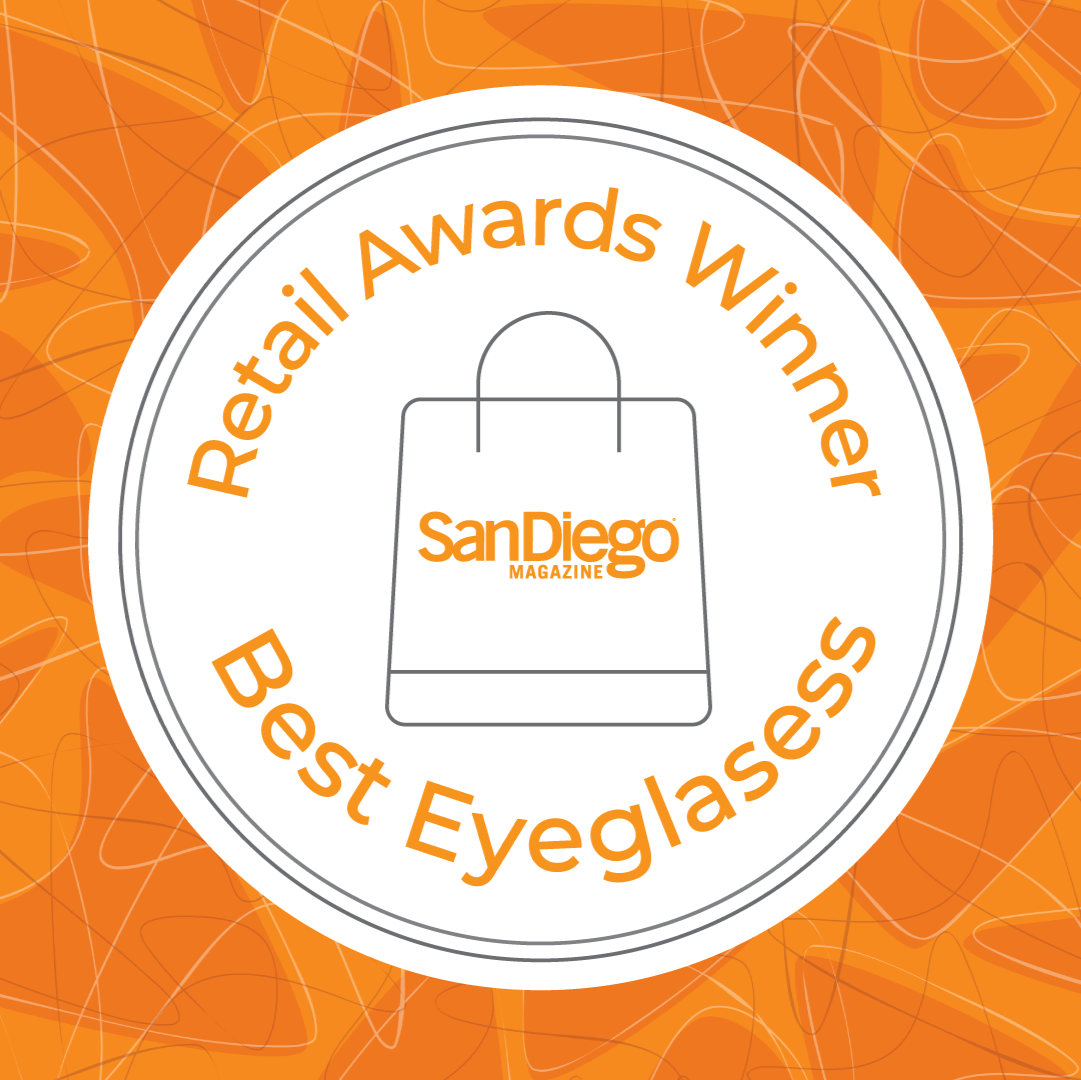The Crucial Connection Between Hydration and Eye Health
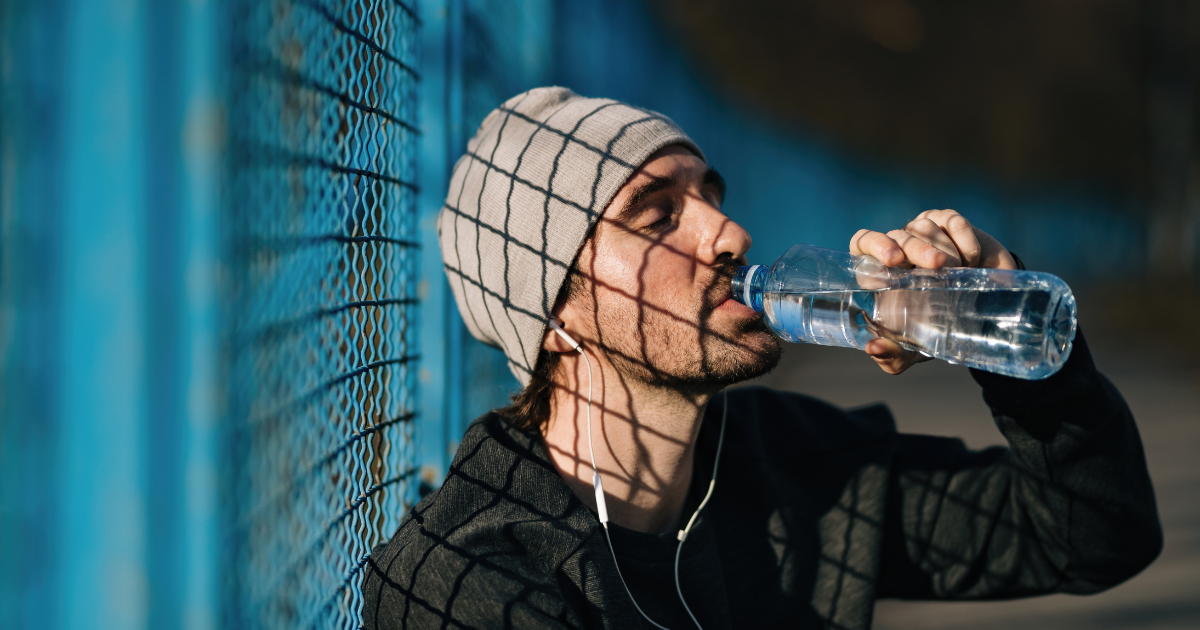
Read time: 4 minutes
Your eye is a marvel of intricate design. It relies on various factors for optimal function, one of which is hydration. Throughout history, the relationship between eye health and hydration has been both fascinating and essential. In this article, we'll delve into the historical roots, contemporary insights, causes, and treatment options surrounding the impact of hydration on eye health.
Historical Records
To understand the profound connection between eye health and hydration, we embark on a journey through history. Ancient civilizations recognized the importance of water for overall well-being, including ocular health. From the healing waters of ancient spas to the early herbal remedies used to alleviate eye discomfort, historical records reveal a keen awareness of the role hydration played in maintaining clear vision.
Fast forward to the Middle Ages, where alchemists and herbalists explored various concoctions to improve eye health. While their understanding of anatomy was limited, the emphasis on the importance of clear, moisturized eyes persisted. It wasn't until the Renaissance that anatomical studies flourished, shedding light on the intricate structures of the eye and reinforcing the significance of hydration.
Contemporary Insights
In the contemporary era, scientific advancements have allowed us to unravel the complexities of eye health and hydration with unprecedented clarity. The human eye comprises delicate structures, including the cornea, lens, and retina, all of which rely on a well-hydrated environment for optimal function.
Research in the 20th and 21st centuries has highlighted the correlation between dehydration and common eye issues such as dry eye syndrome. Advanced diagnostic tools, including high-resolution imaging and tear film analysis, enable eye care professionals to assess hydration levels and tailor interventions accordingly.
Causes of Dehydration and Its Impact on Eye Health
Understanding the causes of dehydration is crucial in comprehending its effects on eye health. Dehydration occurs when the body loses more fluids than it takes in, disrupting the delicate balance necessary for overall well-being. Several factors contribute to dehydration, including inadequate water intake, excessive sweating, certain medical conditions, and medications.
The impact of dehydration on eye health is multifaceted. The eyes rely on a stable tear film to maintain clarity and comfort. Dehydration compromises the production of tears, leading to dry eye syndrome. Symptoms range from irritation and redness to blurred vision and discomfort, affecting daily activities and overall quality of life.
Moreover, dehydration can exacerbate existing eye conditions such as glaucoma and cataracts. The lack of proper hydration may contribute to increased intraocular pressure, further stressing the optic nerve and worsening these conditions.
Treatment Options for Dehydration-Related Eye Issues
Addressing dehydration-related eye issues involves a comprehensive approach that combines lifestyle modifications, medical interventions, and preventive measures.
Hydration strategies include:
- Drinking an adequate amount of water throughout the day is the foundation for preventing dehydration. The "8x8" rule, recommending eight 8-ounce glasses of water daily, serves as a general guideline.
- Consuming hydrating foods such as fruits and vegetables, which contribute to overall hydration levels. Check out a list of the top 15 hydrating fruits and veggies.
- Over-the-counter artificial tears provide immediate relief for dry eyes by supplementing the natural tear film. Lubricating eye drops with ingredients like hyaluronic acid offer extended relief.
- For severe cases of dry eye syndrome, prescription medications, including anti-inflammatory eye drops, may be recommended to address underlying causes and reduce symptoms. Learn more about dry eye syndrome and tests and procedures for relief.
- Lifestyle modifications including avoiding environments with low humidity and minimizing exposure to air conditioning or heating systems can help maintain optimal moisture levels in the eyes.
- Adding a humidifier to indoor spaces helps maintain a comfortable level of humidity, preventing excessive evaporation of tears.
Preventing Dehydration-Related Eye Issues
Prevention is a cornerstone of maintaining eye health in the context of hydration. Incorporating simple yet effective strategies into daily life can significantly reduce the risk of dehydration-related eye issues.
- Regular Eye Examinations - Scheduling routine eye exams allows your Urban Optiks Optometry eyecare professionals to detect early signs of dehydration-related issues and implement preventive measures.
- Balanced Diet - Consuming a diet rich in water-dense foods such as watermelon, cucumber, and oranges contributes to overall hydration.
- Eye-Friendly Supplements - Omega-3 fatty acids, found in fish oil supplements, can support tear production and alleviate symptoms of dry eyes.
- Limiting Dehydrating Substances - Minimizing the consumption of dehydrating substances such as caffeine and alcohol helps maintain overall hydration levels.
- Educating on Hydration Habits
- Raising awareness about the importance of hydration for eye health encourages individuals to adopt mindful hydration habits.
The Takeaway
In the broader scope of human health, the close relationship between eye health and staying hydrated highlights the holistic nature of our bodies. Whether looking back at ancient remedies or considering the latest scientific discoveries, the importance of keeping our eyes well-hydrated remains unchanged.
As we move through the challenges of modern life, equipped with insights from history and advancements in science, let's make hydration a key pillar of our overall well-being. By knowing the reasons behind it, recognizing the signs, and adopting preventive habits, we take control of our eye health.
Share this blog post on social or with a friend:
The information provided in this article is intended for general knowledge and educational purposes only and should not be construed as medical advice. It is strongly recommended to consult with an eye care professional for personalized recommendations and guidance regarding your individual needs and eye health concerns.
All of Urban Optiks Optometry's blog posts and articles contain information carefully curated from openly sourced materials available in the public domain. We strive to ensure the accuracy and relevance of the information provided. For a comprehensive understanding of our practices and to read our full disclosure statement, please click here.






